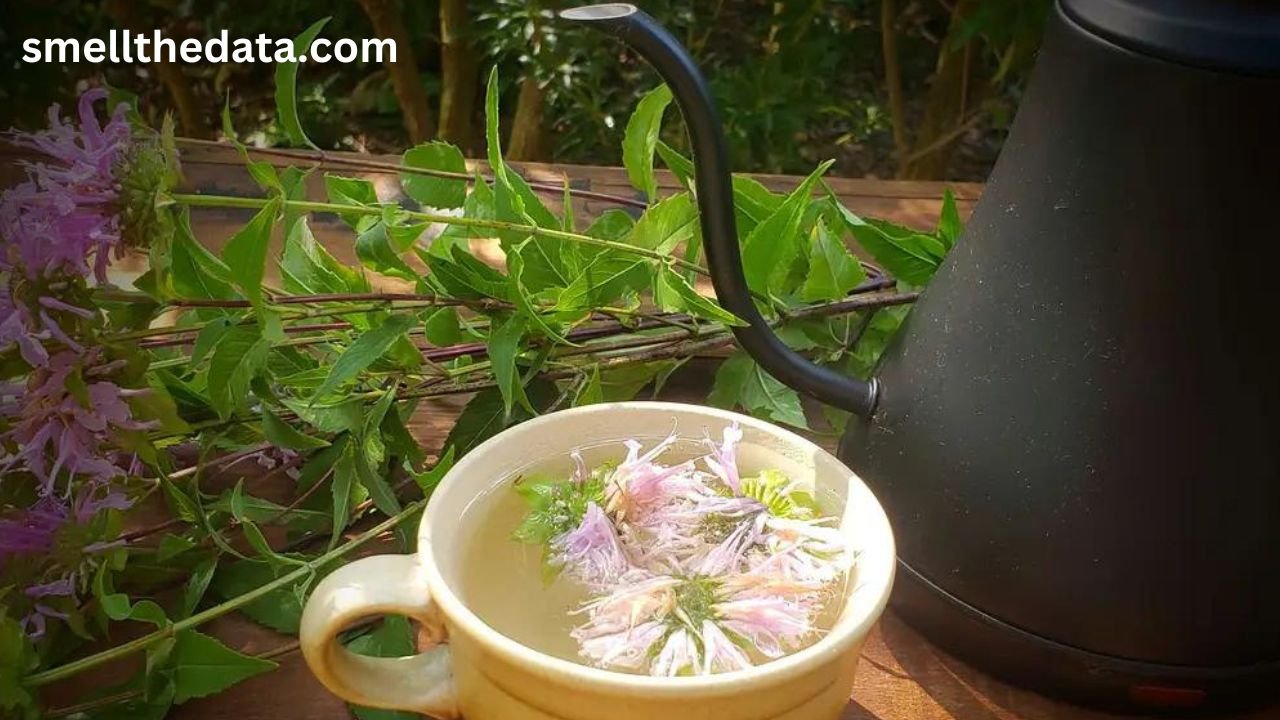Introduction
In a world that seems to spin faster with each passing day, more people are turning to age-old remedies to find balance and wellness. One such remedy is the fragrant brew, a staple in traditional medicine that has been soothing souls for centuries. These brews offer more than just a comforting sip; they are a gateway to wellness practices that integrate body, mind, and spirit. Recently, the term “Fragrant brew used in traditional medicine” even appeared as a crossword clue in The New York Times, highlighting its relevance and intrigue in today’s world.
This blog post takes you on a delightful exploration of the world of fragrant herbal teas, revealing their history, science, and application in modern wellness routines. Whether you’re a health enthusiast, a practitioner of herbal medicine, or simply on a quest for a better lifestyle, there’s something here for everyone. Expect to learn about the different types of fragrant brews, their health benefits, and how to incorporate them into your life for a more holistic approach to well-being.
Exploring the World of Fragrant Brews
Fragrant brews are more than just a beverage; they’re an experience. Traditionally, these brews have been crafted with care, using a variety of herbs, flowers, and spices known for their aromatic properties. In many cultures, fragrant teas have been revered not only for their taste but also for their medicinal properties.
Floral, Herbal, and Spiced Teas
In the realm of fragrant brews, there are three broad categories to explore:
- Floral Teas – These are often made from blossoms like chamomile, lavender, and rose, known for their calming effects. Floral teas can transport you to a tranquil garden with every sip, making them perfect for relaxation and stress relief.
- Herbal Teas – This category includes a wide variety of leaves, roots, and barks, such as peppermint, ginger, and licorice. Each herb brings its unique set of benefits, from aiding digestion to boosting immunity.
- Spiced Teas – Often associated with warmth and comfort, spiced teas use ingredients like cinnamon, cardamom, and cloves. These are celebrated for their invigorating effects and ability to enhance circulation and metabolism.
Cultural and Historical Contexts
The art of brewing fragrant teas dates back thousands of years, with roots in ancient civilizations across the globe. In China, tea was originally used for medicinal purposes long before it became a staple beverage. Similarly, in India, Ayurvedic practices have long incorporated various herbs and spices into teas for healing purposes. The Middle East, known for its rich culinary traditions, boasts fragrant brews that serve both as a refreshment and a remedy.
By understanding the cultural and historical significance of these teas, we not only appreciate their timeless appeal but also their resilience as a health remedy through generations.
The Science Behind Aromatherapeutic Teas
Aromatherapy, the practice of using natural scents to promote health and well-being, finds a harmonious partner in fragrant brews. When we think about the benefits of drinking these teas, it’s crucial to recognize the interplay between aroma and health.
Connecting Aroma to Health
Aromatherapeutic teas engage more than just our sense of taste. Inhaling the steam from a hot cup releases essential oils that can stimulate mood and memory, reduce stress, and even boost the immune system. This dual-action of sipping and smelling makes aromatic teas a unique form of self-care.
Health Benefits Supported by Science
Scientific studies have begun to unravel the mysteries behind the benefits of fragrant brews. For instance, chamomile tea, a popular floral brew, has been shown to improve sleep quality due to its calming effects on the nervous system. Similarly, peppermint tea is recognized for its ability to relieve digestive discomfort, while ginger tea has proven anti-inflammatory properties that can soothe sore throats and upset stomachs.
The compounds responsible for these effects often include antioxidants, which help defend the body against oxidative stress, and various phytochemicals that can support immune function and overall health.
Popular Fragrant Brews in Herbal Medicine
Herbal medicine practitioners have long relied on specific fragrant brews to address various health concerns. Let’s explore some popular choices and how you can prepare them at home.
Chamomile for Sleep
Chamomile is a well-known sedative herb that can help lull you into sleep. To make chamomile tea, steep dried chamomile flowers in hot water for about 5 minutes. Add a touch of honey if desired. Enjoy this soothing drink an hour before bedtime for the best results.
Ginger for Digestion
Ginger tea is a zesty solution for digestive issues. To prepare, slice fresh ginger root and simmer in boiling water for 10-15 minutes. Strain and sweeten with honey or lemon to taste. This warming brew can be enjoyed after meals to aid digestion.
Peppermint for Comfort
Peppermint tea offers a refreshing and cooling effect, perfect for relieving headaches and muscle tension. Simply steep fresh peppermint leaves in hot water for 7-10 minutes. Sip this tea whenever you need a refreshing pick-me-up.
Choosing and Preparing Your Own Fragrant Brews
Selecting the right ingredients and preparing your brews mindfully can enhance their benefits and your enjoyment.
Selecting High-Quality Ingredients
When choosing ingredients for your fragrant brews, opt for organic and high-quality sources. Look for vibrant colors and strong aromas, which indicate freshness and potency. If possible, grow your own herbs or source them from local farmers to ensure the highest quality.
Brewing and Steeping Techniques
To extract the most flavor and health benefits, follow these general guidelines:
- Use freshly boiled water, but allow it to cool slightly before pouring over delicate flowers like chamomile or lavender to avoid scorching.
- For heartier herbs and spices, a longer steeping time of 10-15 minutes is recommended.
- Keep your brewing vessels clean to ensure that no residual flavors interfere with your tea’s aroma.
By paying attention to these details, you can create a perfect cup of fragrant brew every time.
Incorporating Fragrant Brews into Daily Wellness Routines
A fragrant brew can be more than just a drink; it can become a meaningful ritual in your daily life.
Integrating Tea Rituals
Consider setting aside specific times during the day for your tea moments. Morning teas can invigorate and prepare you for the day, while evening teas can help wind you down. Use these times to practice mindfulness, focusing on the sensory experiences of smell, taste, and warmth.
Mindfulness and Self-Care
Sipping a fragrant brew mindfully means being present in the moment. Use this time to reflect, meditate, or simply enjoy the quiet. This practice, coupled with the soothing properties of the tea itself, can enhance both mental clarity and emotional well-being.
Conclusion
Fragrant brews hold a special place in traditional medicine and modern wellness for their unique blend of aroma, flavor, and therapeutic benefits. By incorporating these teas into your daily routine, you can enjoy a simple yet powerful way to support your health and well-being. Remember to explore and experiment with different blends to find what resonates with you.
If this exploration piques your interest, consider seeking out further resources or community groups dedicated to herbal medicine. Your personal wellness journey is just a cup away. Cheers to discovering the fragrant world of herbal teas!
FAQs
- What is a fragrant brew used in traditional medicine?
A fragrant brew refers to herbal teas known for their aromatic qualities and health benefits, often used in traditional healing practices.
- How do I prepare a fragrant brew?
To prepare, steep high-quality herbs in hot water, allowing sufficient time for the flavors and benefits to infuse.
- What are the health benefits of fragrant brews?
Fragrant brews can aid in digestion, improve sleep, boost immunity, and provide calming effects, depending on the herbs used.
- Are there any side effects of consuming fragrant brews?
While generally safe, some herbs can cause allergies or interact with medications. It’s best to consult a healthcare professional if unsure.
- Can I create my own fragrant brews at home?
Yes! You can blend various herbs and flowers to create personalized fragrant brews tailored to your taste and wellness needs.











